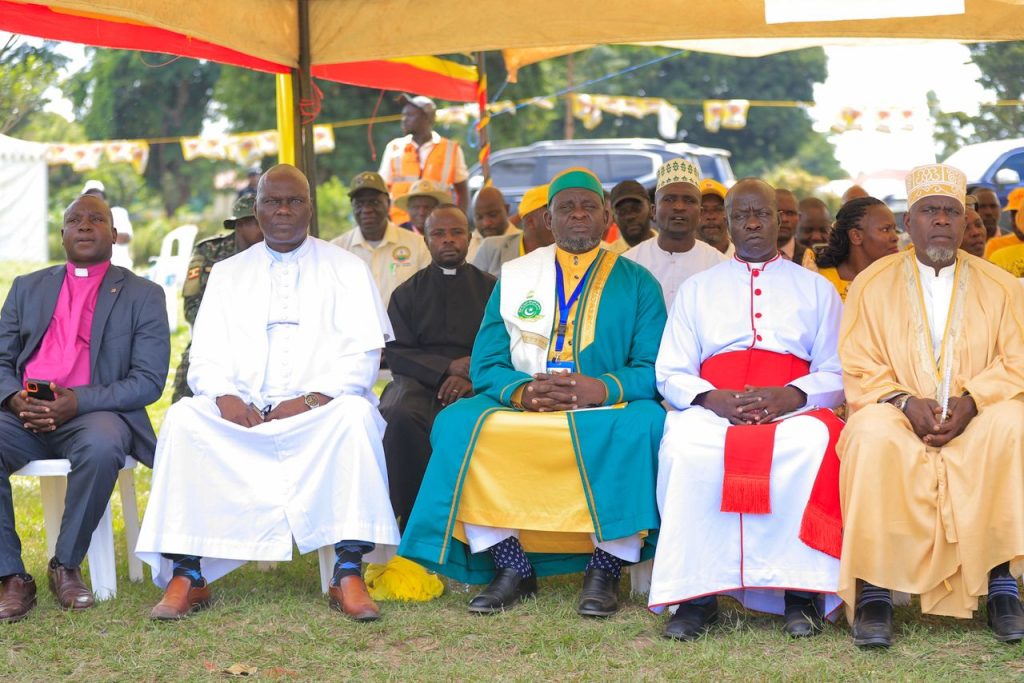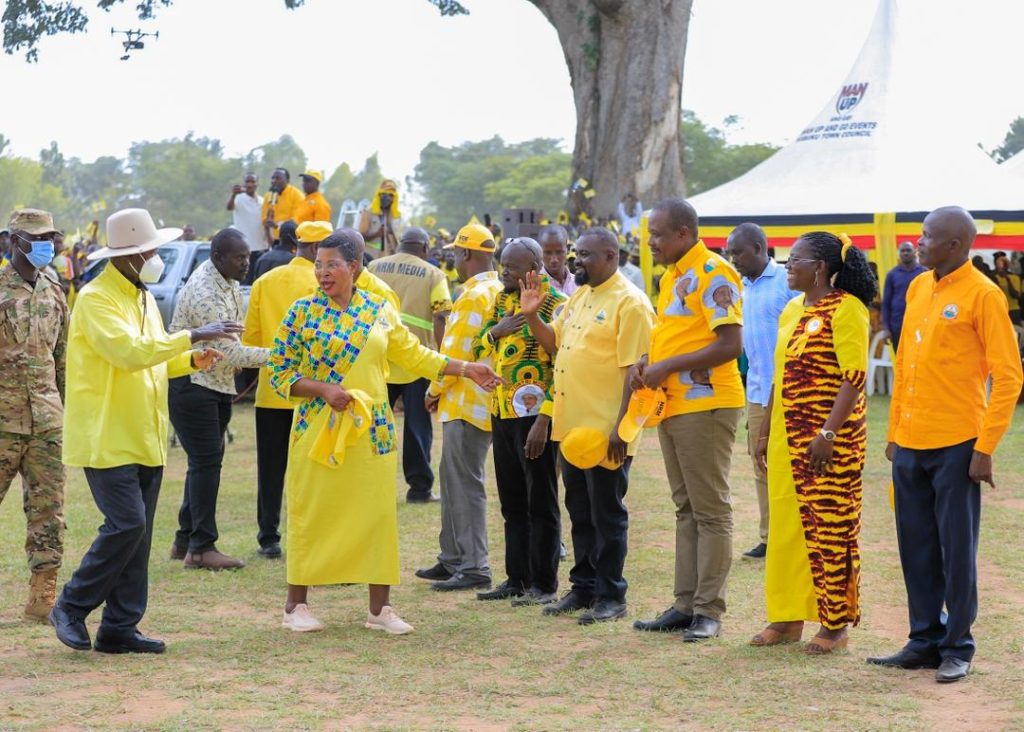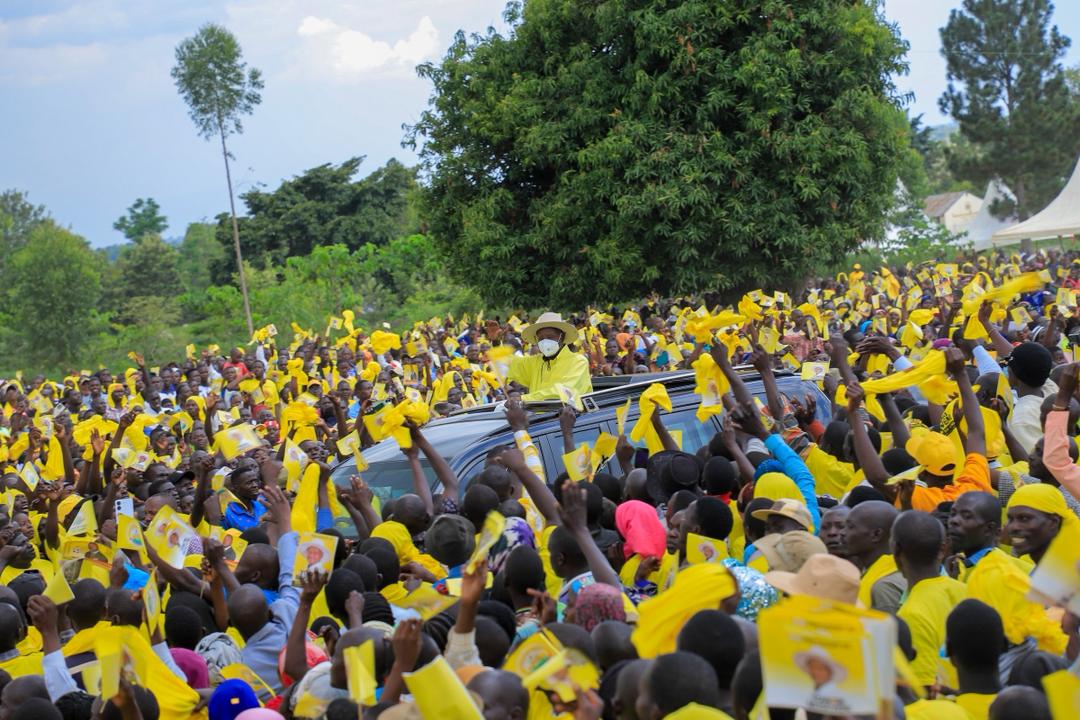By Jumah Kakomo and Kabuye Ronald
The National Resistance Movement (NRM) Presidential candidate, General Yoweri Kaguta Museveni, has rallied the people of Kibuku District to embrace specialisation in production as a key strategy for wealth and job creation at both individual and household levels.

Addressing supporters during his presidential campaign rally in Kibuku, President Museveni highlighted several success stories of wealth creators across the country who have adopted the Four-Acre Model, which includes enterprises such as poultry, coffee growing, dairy farming, and fish farming. He urged the electorate to emulate these examples to achieve sustainable economic transformation.
Museveni further assured the people of Kibuku of his government’s plans to intensify industrialization efforts in the area, aiming to create more employment opportunities, particularly for the youth.

The NRM candidate outlined a comprehensive wealth creation strategy designed to uplift the 33% of Ugandans still living under subsistence conditions, with a strong emphasis on commercialising agriculture.
He elaborated on a proposed fish farming initiative, projecting returns of over UGX 100 million per acre, which he plans to implement in his next term across Kibuku and the entire Bukedi sub-region.

Reaffirming the importance of the Parish Development Model, Museveni described it as a cornerstone of Uganda’s broader wealth creation and poverty alleviation framework.
During his address, he also listed key achievements of the NRM government in Kibuku District, including the restoration of peace and stability, as well as progress in social and economic development.

On education, Museveni pledged to increase the number of primary and secondary schools, adding to the existing 51 primary and 7 government secondary schools in the district, with plans to extend services to every parish and sub-county.
The NRM Presidential candidate concluded by challenging the people of Kibuku to clearly distinguish between development and wealth creation, noting that not all development interventions translate directly into household income. He called on the electorate to adopt a more strategic approach toward socio-economic transformation and self-sustainability.

